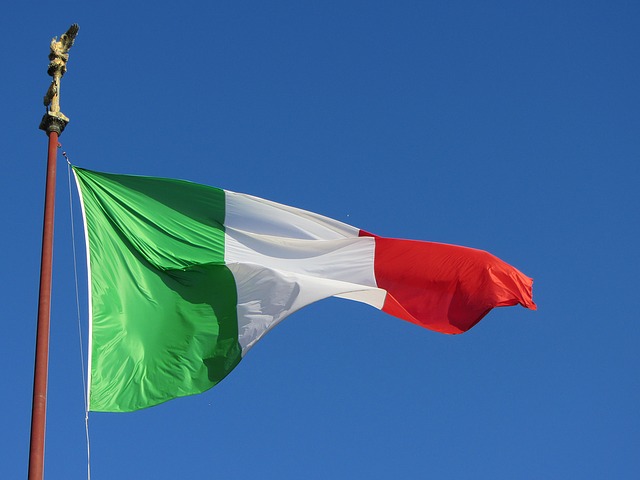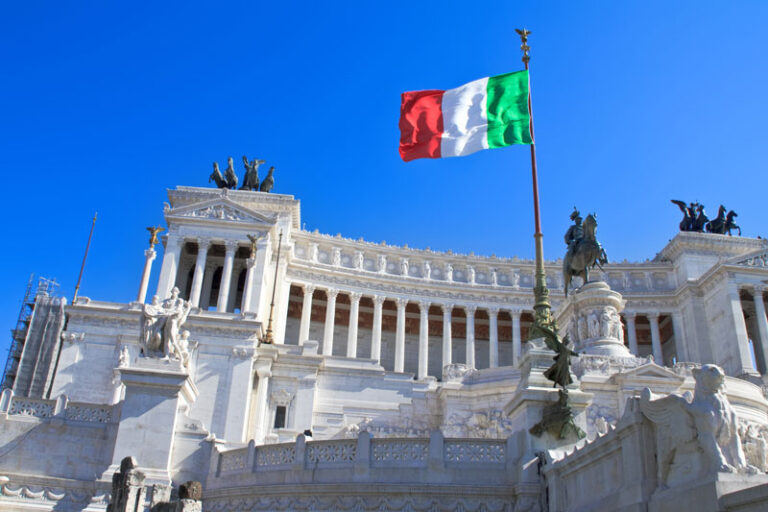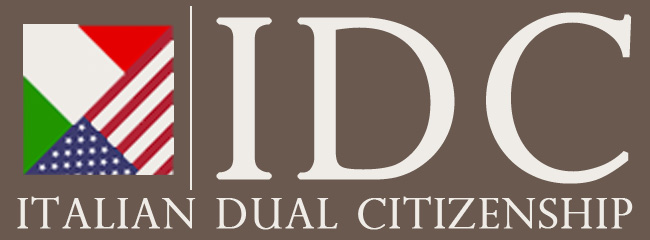
There are 3 primary ways people can obtain Italian citizenship: By Descent, By Marriage, through Residency. The most common by far and typically the fastest method is by descent (jure sanguinis). However, if you do not qualify by descent and are not married to an Italian citizen, then apply by residency is a less often discussed method of obtaining Italian citizenship.
A lot of our content is focused on how to become a citizen by virtue of your Italian lineage. The focus of this article is on how individuals can successfully apply for Italian citizenship by meeting residency requirements regardless of jure sanguinis (citizenship “by descent”).
Even if a prospective citizenship applicant will not qualify for citizenship under jure sanguinis criteria due to the naturalization date of an Italian ancestor, the applicant may still be eligible for Italian citizenship by meeting residency requirements if a parent or grandparent was born in Italy.
In this article, we’ll specifically review how to acquire citizenship through residency and the details involved.
How long do I need to be a legal resident of Italy in order to become an Italian citizen?
If you are a non-EU citizen, at least 10 years of legal residency is required to successfully acquire citizenship. Italy considers legal residency to mean how long you’ve been listed as a resident with your municipality’s registry office (known as “anagrafe” in Italian).
If you are an EU citizen, the legal residency period is only four years. There are a few exceptions where citizenship can be granted for shorter residency periods. For example, if you are within two generations of an Italian citizen and have a parent or grandparent who was Italian by birth, only three years of legal residency is required.
Where do I go to apply for Italian citizenship through residency?
The Italian Ministry of the Interior’s official website is the best place to start your application for Italian citizenship by residency. Before applying, be sure you have all your documentation handy as there are several fields to complete and required documents must be scanned and uploaded into the online application.
If your application is successful, you will be notified to provide original copies of documentation to your local prefecture (known as “Prefettura” in Italian).
What documents must I provide for my application?
Although requirements may vary, your local Prefettura will generally ask for the following in order to process your application:
- An original copy of your birth certificate, which must be properly translated and authenticated. The country where your birth certificate was issued will stipulate the requirements to appropriately translate and authenticate the document.
- Documentation of criminal records issued by all countries where you currently hold citizenship. These records must also be properly translated and authenticated. If you’re from the United States, criminal background checks are typically required from both the federal government and each U.S. state and county where you’ve previously resided.
- Payment of €250.
If you have Italian ancestry and notated that as part of your citizenship by residency application, you must also provide official vital records of your ascendants.
How long does it take for Italian citizenship to be granted?
Once your application has been successfully submitted including all required documentation, you’ll typically need to wait up to 4 years for citizenship to be granted. However, some applicants have reported obtaining Italian citizenship as soon one year from the date of application, so waiting times can vary depending on the current workload of the office in which you are applying.
Once your application has been approved, your local town hall will receive an official decree, and you’ll be scheduled to attend a citizenship ceremony within six months where you will recite an oath and pledge your allegiance to the Italian Republic. At this point, you will become an official Italian citizen, and any minor children who are living with you will also automatically receive Italian citizenship.
What other requirements must I meet to apply?
If you’re interested in applying for Italian citizenship by residency, there are three additional requirements to consider.
Proof of Residency: In order to meet the residency time period requirements, you’ll need documentation from your town’s registry office that shows proof of your place of residence and for how long you’ve been a legal Italian resident in that jurisdiction.
Italian Language Competency: Citizenship by residency applicants must meet minimum Italian language competency requirements and must obtain a language certificate from a certified body. Your knowledge of the Italian language must be at least at the B1 level. Please read more information about the B1 certificate here.
The Common European Framework of Reference for Languages (CEFR) lists level B1 as a low-intermediate knowledge level. So while you don’t have to be fluent in Italian, you must have at least an intermediate level of knowledge.
At present, there are four certification bodies that can issue language competency certificates in order to meet application requirements:
- The Dante Alighieri Society
- The University for Foreigners of Siena
- The Roma Tre University
- The University for Foreigners of Perugia
Minimum Income: Applicants must meet minimum income requirements in order to qualify, and appropriate evidence (e.g., bank statements) must be provided upon application. Over the past three years, your annual income must be at least € 8.263,31.
For married applicants, annual income must be at least €11.362,05. If you have dependent children, additional income of € 516, 46 is required for each child. If you not currently earning income, you can record another individual’s income as part of your application if they are a member of the same household as you.
Important Points:
Criminal records are typically only valid for six months from their issue date, so it’s best to request those last.
If you are a married man, a marriage certificate is not required as part of your citizenship application. However, if you are a married woman whose name changed following your marriage, an official copy of your marriage certificate or other official Consular documentation that justifies your name change must be submitted.
While applying for Italian citizenship by residency can seem daunting, we hope this article helped to clarify the process with useful tips and information. If you have any additional questions about the application process, please feel free to contact us at Italian Dual Citizenship (IDC). Our team is always available and happy to help!





